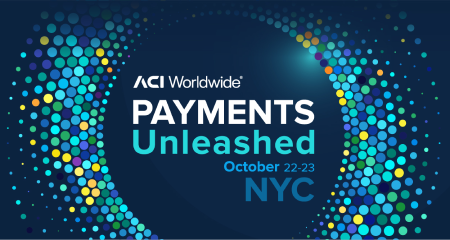On the 16th of November 2021, Ms. Mairead McGuinness, Commissioner for Financial Services, Financial Stability and Capital Markets Union, gave a speech in Brussels covering the changes taking place in the world of payments, how these might develop and how EU rules and regulations could respond to such changes.
The Commissioner highlighted in her speech that new types of companies have entered the EU payments market, including those not in direct contact with consumers, such as processing companies or payment gateways, and others using their vast customer bases to gain a firm foothold in payments, such as big tech companies and social networks, blurring the traditional lines between market players. The new competition such changes bring to the payments market have triggered the European Commission (EC) to consider how to address possible risks, how to protect consumers and how to maintain a level-playing field.
In regard to the Retail Payments Strategy, the Commissioner explained that this aims to create a competitive, innovative and well-regulated EU payments market with a high level of consumer protection, to achieve an effective payment infrastructure and to make international payments cheaper, faster, and more transparent, including remittances. Moreover, she explained that, as for instant payments, these must support innovative business models like payment initiation services when combined with new add-on services such as “request to pay.” Furthermore, instant payments solutions must increase competition and diversify the payment options offered to consumers while scaling up the offerings of EU payment initiation service providers and fintechs by enabling them to compete globally.
Such aims can, in the Commissioner’s view, be reached only via EU-wide rules, and an initiative on instant payments is consequently scheduled for the first half of 2022. It appears from the Commissioner’s speech that such an initiative will look at consumer protection in instant payments, considering any effective ways to reduce fraud or errors. Moreover, for instant payments not to remain a premium service but to become the norm, the EC will look at how it is possible to ensure that providers offering instant payments have a commercially viable business model, while not discouraging consumers from using instant payments with high fees. Finally, the EC will look at how sanctions screening can be improved and be carried out efficiently, especially internationally, with regard to instant payments.
The Commissioner’s speech also mentioned the IBAN discrimination practice—The case where a company or even a public body refuses to make or accept a payment from a non-domestic account—and explained that, while this is expressly prohibited under the Single Euro Payments Area (SEPA) Regulation, it is not fully enforced in some Member States and the EC will consequently reflect on how to end such a practice.
Moreover, as far as the review of Directive 2015/2366/EU (PSD2) is concerned, the Commissioner highlighted that PSD2 provides a legal framework for open banking. The EC is currently analysing whether open banking is working well and considering the shift towards Open Finance. In this respect, an external study will be carried out in 2022 to examine the outcomes of PSD2 and pave the way for possible amendments. The EC will ask the European Banking Authority (EBA) for their input via an ongoing call for advice and a public consultation will be launched in the first months of 2022. The EC will then prepare a report by the end of 2022, which will eventually be accompanied by a legislative proposal if the evidence shows that PSD2 needs to be amended.
With regard to Digital ID and Anti-money Laundering (AML), the Commissioner mentioned that the European Digital Identity framework will allow citizens to prove their identity and share electronic documents from a digital wallet recognized across the EU. This will streamline the lengthy onboarding process that requires a physical presence and increase the efficiency and security of payments by removing uncertainty about the sender and receiver of money.
Finally, as regards international payments, the Commissioner highlighted that the EC is currently assessing whether the transparency rules applied to international transactions should be improved in order to ensure the full transparency of the costs for cross-border payments, including currency conversion charges. Furthermore, along with the PSD2 review, the EC will keep track of the work of the European Payments Council (EPC) that is aimed at harmonizing business rules and messaging standards for “one-leg transactions,” where the beneficiary or sender is outside SEPA.
Monica is founder and managing director of Trust EU Affairs and can be reached at monacom@trusteuaffairs.com




